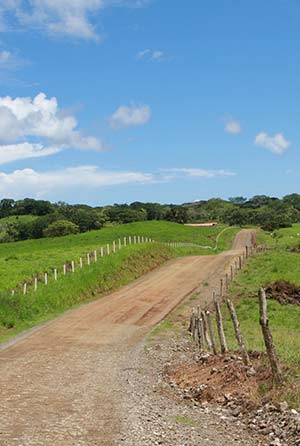 It happens sometimes that a property you want to buy doesn’t have a legal access to it. Or, you may buy a property and find that another property wants to have an access to their land, through yours, because they don’t have one.
It happens sometimes that a property you want to buy doesn’t have a legal access to it. Or, you may buy a property and find that another property wants to have an access to their land, through yours, because they don’t have one.
Theoretically, every property should have a right-of-way easement road (called a servidumbre in Spanish) if it’s not on a public road. But it frequently happens that although topographers draw this servidumbre onto the map/plano, the lawyers of the property owner never inscribe it into the registry.
So what happens in this case? I recently had a problem with this myself, so I inquired to my lawyer, Alberto Saenz one of the partners at Integra Abogados, what to do, and I thought his advice could be useful to other people:
Geoff: My problem is that I purchased a farm, and on the plano it shows a servidumbre through it on one edge. But when we checked, the registry before I bought it, my lawyers said it wasn’t registered, so the farm that this servidumbre goes to couldn’t legally use it. They had no legal access to their land and couldn’t just drive across my land to get to theirs. When I remade the plano with a topographer, that topographer removed it from the new plano. But, I was worried that some day, the owners of this farm (which happens to be a bank) could force me to give them access through my land, and I asked my lawyer, Alberto, what their rights would be. Could they get access across my land, then dig up my road to install water lines, and spoil my view with power lines? Could they subdivide their property into lots and then ruin my privacy with lots of traffic passing through? And on the other side of that coin, could I deny them access, thereby making their property worthless so they would just sell it to me dirt cheap?
Alberto: Right of way easements are only acquired legally upon its formal creation and recording at the Real Estate Registry. Having an easement drawn on a survey map doesn´t mean the easement exists. Not having it drawn on a survey map doesn´t mean it doesn´t exist. They key element is having it described and recorded at the Registry both over the serving estate and over the beneficiary estate. Easements benefit and/or affect properties, not persons, hence once an easement is formally registered it benefits or affects future owners of the serving estate and the benefiaciary estate.
If your farm doesn´t have a registered easement against it and in favor of the neighboring farm then there is no legal or formal easement in favor of that neighboring farm. Right of way easement doesn´t give anyone the right to also install power lines or water lines. Those would have to be created as independent additional easements.
If a farm doesn´t have access, its property owner may ask a judge to give access. The judge will look for the easiest, cheapest or most reasonable way to grant the access, being that normally the shorter way to put in a road or just to use an already existing road already going through a neighboring farm. Notwithstanding the above, when the judge forces the neighboring property owners to grant easement the judge will also put a price to that easement and the solicitor will have to pay that price. The price is determined by an appraiser chosen by the judge and it is not he value of the land, but only the value of the “implications and limitations involved” by the servant estates when granting the easement.
Geoff: So it sounds like in this case, the bank would go to a judge, who would force me to give them an easement in the currently existing road through the farm. Then at that time, once they have the easement, they could put in power lines and ruin the view of these lots?
Alberto: Not necessarily. The judges will try to affect the servant estate as little as possible. Could they spoil your view? No. One thing is access, and another thing is easements for utilities, which are separate, and the location may even be different and that should have an additional and separate indemnification and cost to them.
Geoff: So could they subdivide that farm into a bunch of smaller lots and then we’d lose our privacy and a have a lot of traffic? Because that would really hurt the value of our land.
Alberto: No, there is a way to ask the judge for the compensation only to cover one beneficiary estate and not many segregations of it, and include it as a condition of the easements.
Geoff: How long would it take for a process like that to happen?
Alberto: Maybe months or years, depending on the court, judge, workload, ability to notify the parties, etc.
Geoff: By the way, can I put what you wrote above in an article about easements on our website? This is good info that other people who own Costa Rica real estate might be searching for.
Alberto: Yes, sure!
Thanks to:
Alberto Sáenz Roesch
PARTNER
Tel. +506 4031 0360
Fax. +506 4031 5251
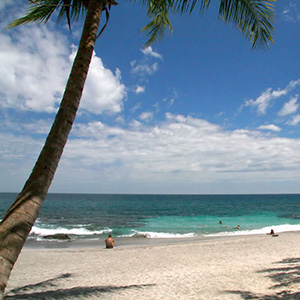


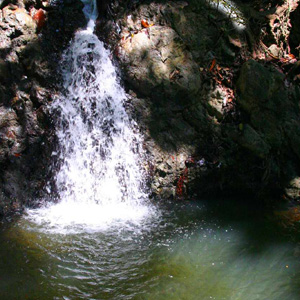
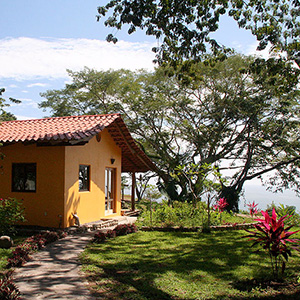

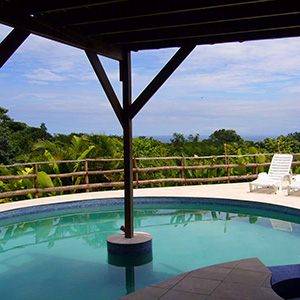








Comments are closed.